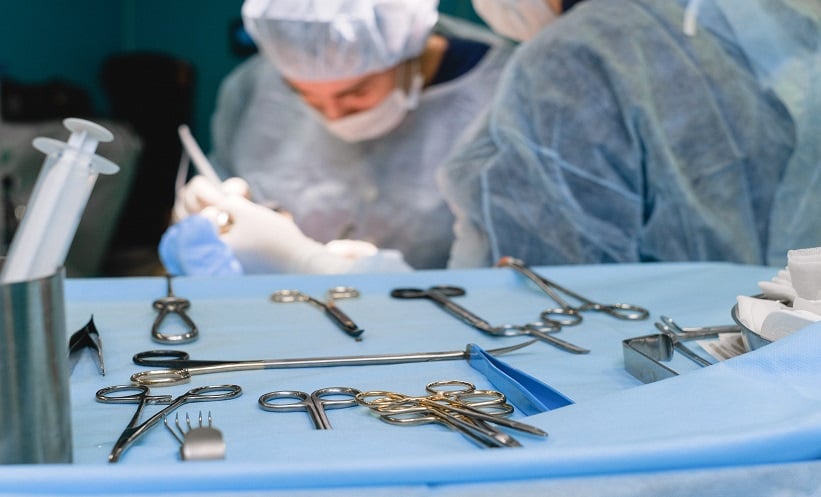PATIENT satisfaction following Mohs micrographic surgery is affected by numerous factors, according to results of a prospective cohort study. Katherine G. Thompson, Johns Hopkins University, Baltimore, Maryland, USA. The researchers highlighted that “understanding factors associated with patient satisfaction in dermatology has intrinsic value in its potential to help optimise patient care.”
The research team, therefore, sought to investigate the factors associated with patient satisfaction following Mohs micrographic surgery for non-melanoma skin cancer at the time of surgery and 3 months after. Patient satisfaction surveys were completed by the 100 included patients (71 males; aged 31–96 years) at both the time of surgery and at 3 months after surgery. Sociodemographic data, medical history, and surgical parameters were collected and analysed using univariate linear and logistic regression models.
Results showed that patients were most unsatisfied when required to go through three or more Mohs micrographic surgery stages before achieving clearance of their tumour. The dissatisfaction was consistent at both time of surgery (p=0.0470) and 3 months after surgery (p=0.0244). Furthermore, patients with surgical sites located on the extremities (p=0.036), patients with a larger pre-operative lesions (p=0.012), and patients with larger defect sizes (p=0.033) reported a decrease in satisfaction 3 months after surgery.
The authors also noted a striking statistically significant association between patient dissatisfaction and surgeries that extended past 1 p.m. (p=0.019). However, the reason for this association could not be determined.
Thompson and colleagues believe that these associations were significant enough to warrant further investigation, stating: “Future studies further examining the relationships between patient satisfaction and the above factors could be useful in further guiding how we can improve our patients’ surgical experiences.” Due to the nature of the study, the authors acknowledge limitations introduced through self-selection bias, recall bias, and because all participants are from a single centre.







